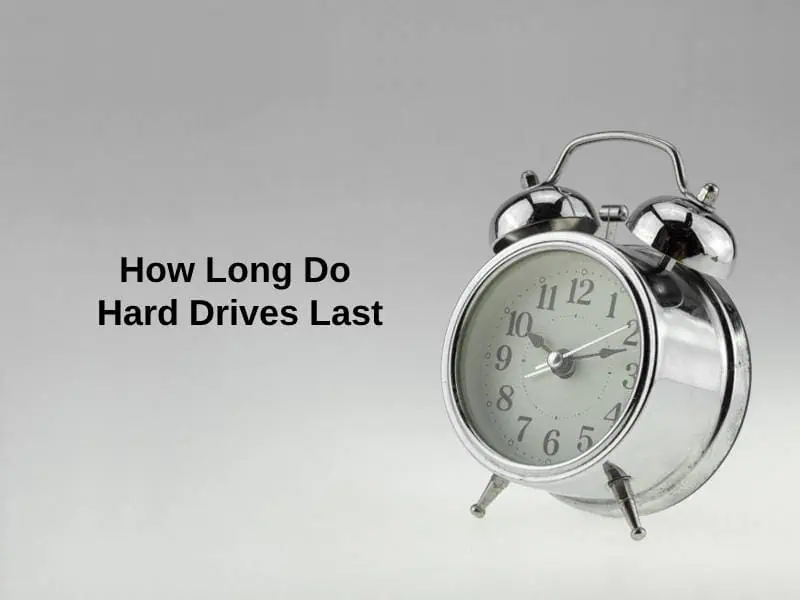Exact Answer: 3 To 6 Years
The world cannot function right without technical devices nowadays. Using these devices has helped people in both professional and personal ways, nowadays, they can store data and information on these devices and can refer them anytime without fuss. Some technical devices are used for storage, while some are used for other purposes, like input and output.
Some devices store large amounts of data, while some only store small amounts. Even the smallest drives and chips can store huge amounts of data, and the size of the device doesn’t determine how much data the device can hold.
People always heed the advice of technicians and specialists before buying storage devices, and after USB drives, hard drives are the most commonly used storage devices in the world. Based on their size, they can be used by multinational companies and also by a normal human to store data. People also have the question of how long a hard drive will last and what are the causes of its failure.

How Long Do Hard Drives Last?
| The lifespan of hard drives | Time |
| The minimum lifespan of hard drives | 3 years |
| The average lifespan of hard drives | 5 to 6 years |
| The maximum lifespan of hard drives | 10 years |
There are internal and external hard drives, and how long they last depend on multiple factors, like how hard drives are used, how well they are maintained their quality, and much more. One of the best things about hard drives is that, even after they are damaged, the data in them can be salvaged.
HDDs normally can run for three to five years without any problems, and the average lifespan of hard drives is about five to six years. It is always better to replace the hard drives after seven to eight years because issues might arise after that and they will for sure need fixing. Even after they are fixed, they will only last about six months or a year, so it is better to buy a new one after eight years, even though some can last for ten years.
There are hard drives that can fit inside a computer, and some of them can be connected externally to the computer. Normally, HDDs are covered with metal or plastic, and these covers are designed to protect the drive from any sort of damage.
Why Do Hard Drives Last That Long?
A new enclosure for the drive is always available easily. All that matters is how to protect the data inside the device. Every hard drive manufacturer offers MTBF and AFR, which are abbreviated as Mean Time Between Failure and Annualized Failure Rate.
These two are linked in a way and MTBF means the number of hours a hard drive can run before it can go into failure, and AFR means the Annualized Failure Rate of the hard drive, which determines the life of the hard drive. It also tells the users about the failure possibility of the drive, after using it for a year. The way HDDs are built, they are prone to mechanical failure and these failures can happen due to various reasons, from manufacturing defects to conditions of the magnetic field.
SSDs failure can also be calculated than the failure of HHDs, but SSDs are not as useful as HHDs and they don’t have the same capacities.
Conclusion
There are ways to increase the lifespan of hard drives and make them last longer than five years. It is always better to take good care of them because some issues arise when the drives are not taken good care of. Always maintain physical care, because physical damage can mess everything up, the data can get lost anytime, so while handling a hard drive, handle it with care.
The temperature to which they are exposed must also be maintained. Always keep hard drives away from hot climates or even warm climates. They need to be kept cold, and it is better to power the drive only when they should be used.
The more time it keeps working, the sooner it gets damaged. After the hard drive has served its purpose, it is better to eject them from the host system. Never plug and unplug the hard drive too often, because this can also reduce the longevity of the drive.